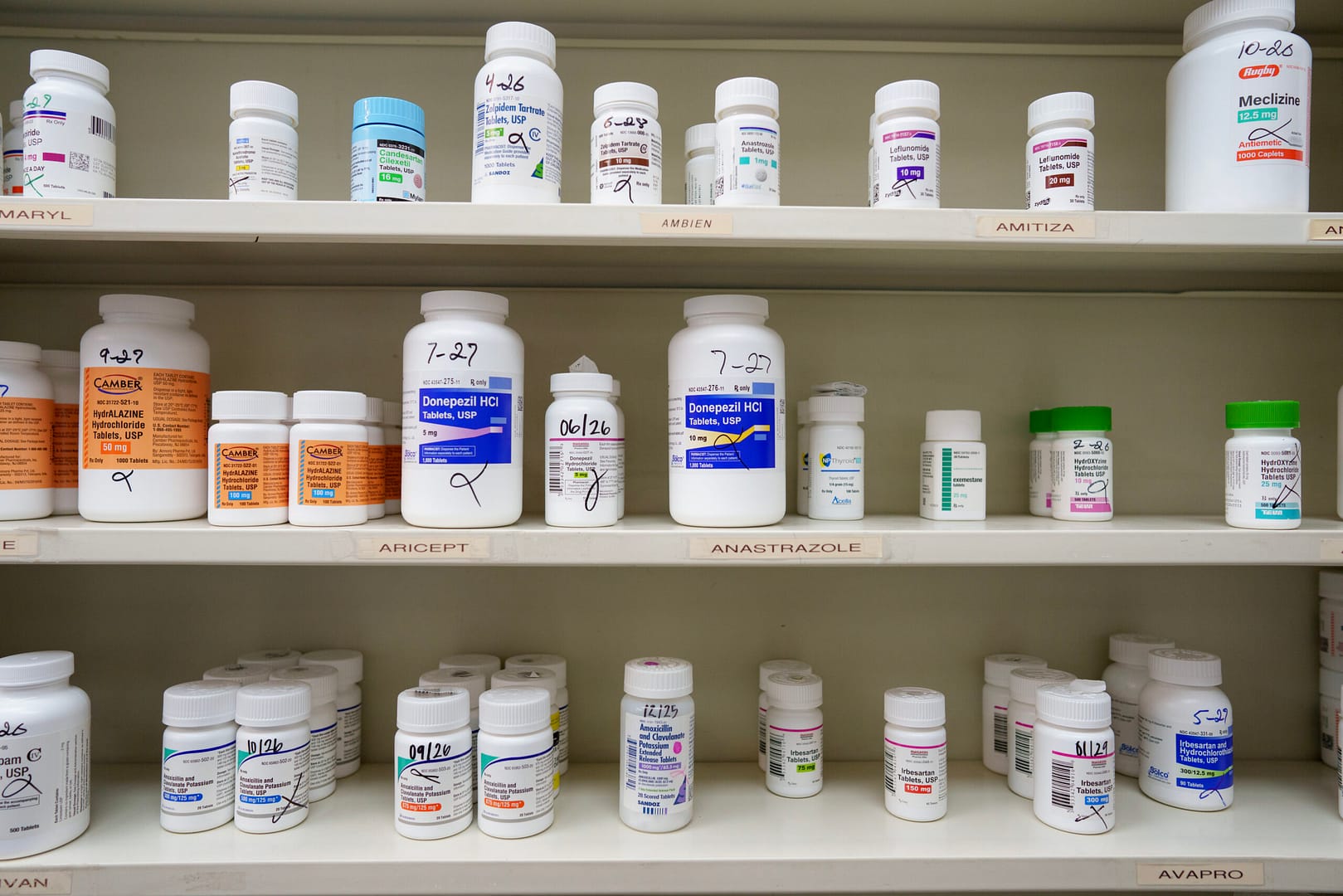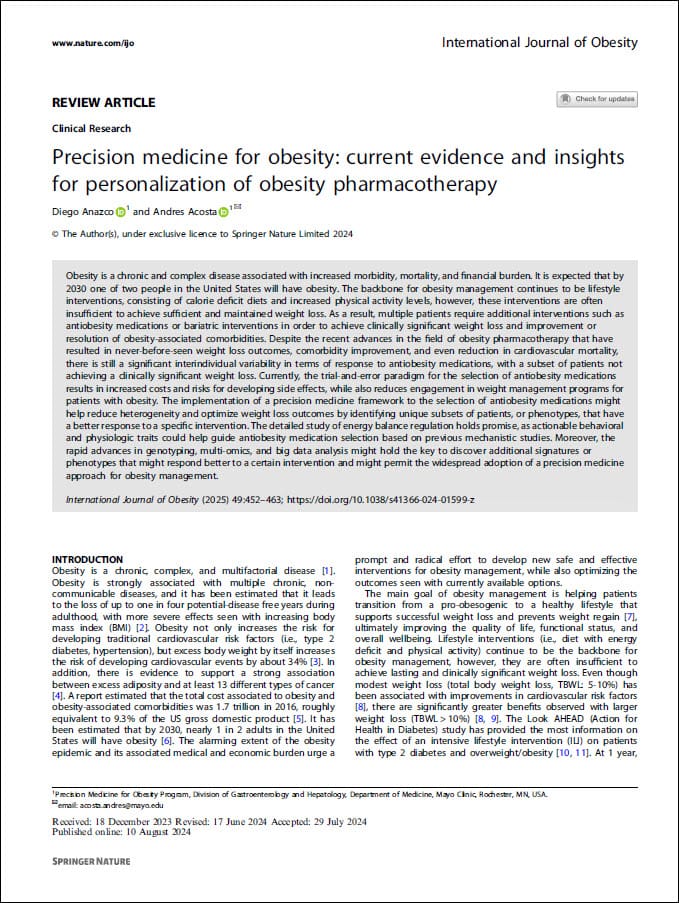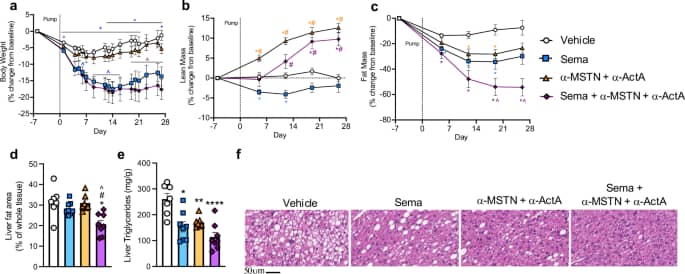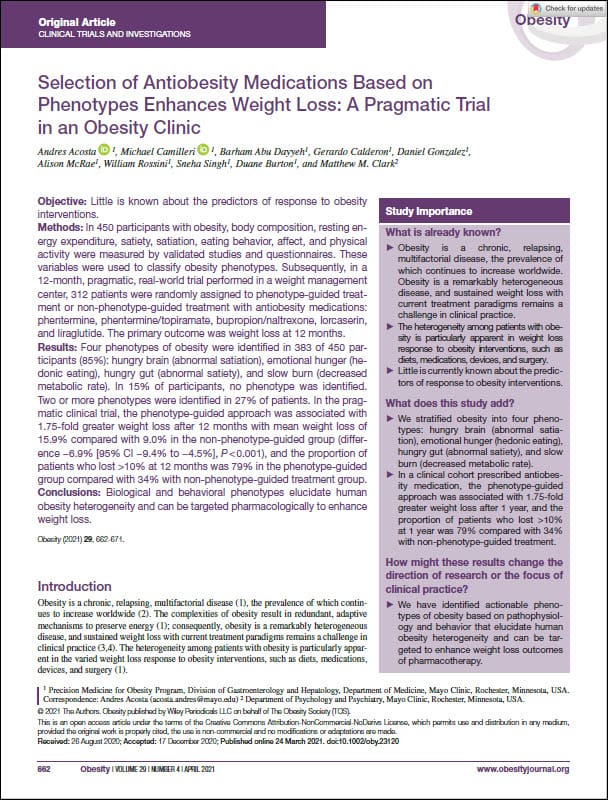Will Trump’s Executive Order Lower Prescription Drug Prices?
The cost of prescription drugs in the U.S. has long outpaced that of peer nations, a dynamic driven by a combination of regulatory gaps, market forces, and lobbying pressure. Now, President Donald Trump is once again trying to tackle the issue—this time through an Executive Order that aims to pressure pharmaceutical companies to voluntarily lower … Read more










